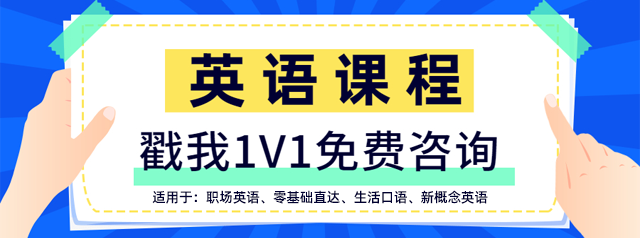资讯中心 > 英语
关注公众号

关注新东方新概念课堂,
免费获取资料包

- 长按二维码【保存图片】或【截图】保存
-
打开微信,点击右上角【+】选择【扫一扫】
安卓手机点击右上角【…】选择【从相机选取二维码】
苹果手机点击右上角【相册】 - 识别成功后,点击【关注公众号】免费领取资料等福利
英语口语查看更多>>
- 英语口语之美国习惯用语:to make hay/to go haywire
- 英语口语之美国习惯用语:to let the cat out of the bag
- 英语口语之美国习惯用语:to let sleeping dogs lie
- 英语口语之美国习惯用语:To knock off
- 英语口语之美国习惯用语:to kiss someone or something goodb
双语阅读查看更多>>
BBC查看更多>>
- The moment of truth 真相大白的瞬间,做出抉择的时刻
- 四个包含单词 “big” 的短语
- Hidden sugar: How much are you really eating every day?
- Child diabetes discovery could lead to future drug breakthrough
- What can our ancestors teach us about sleep?



